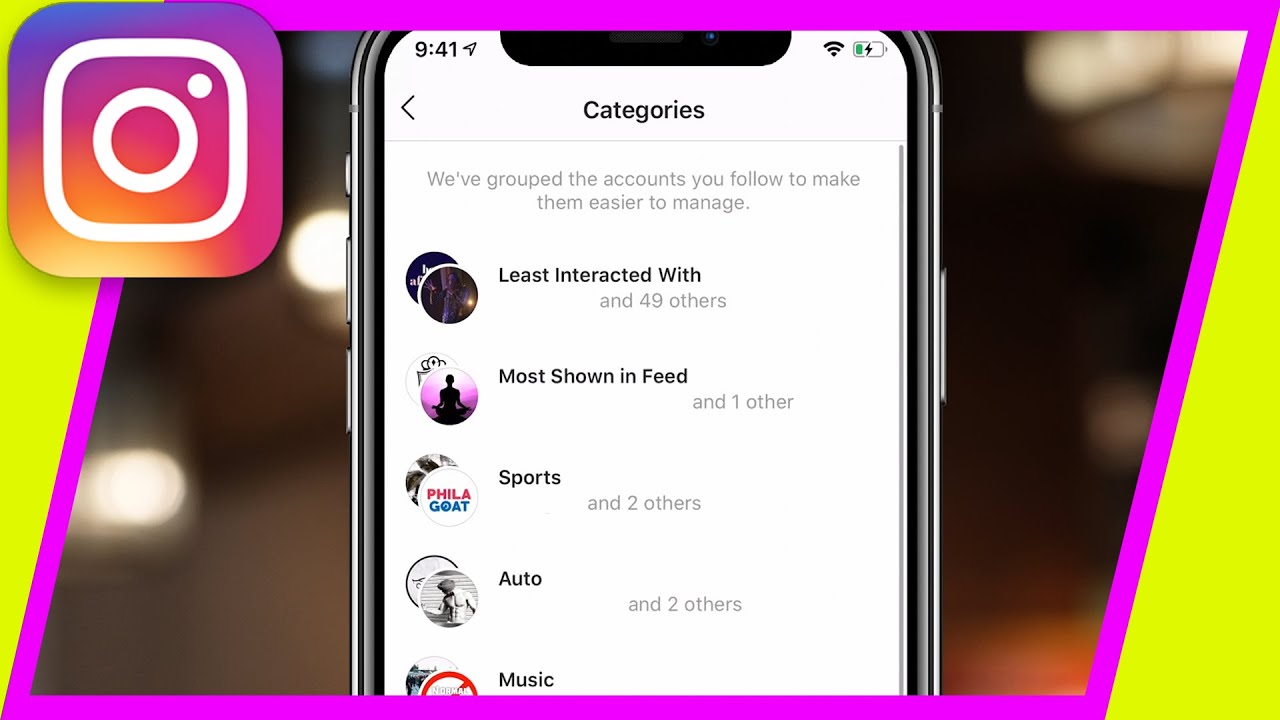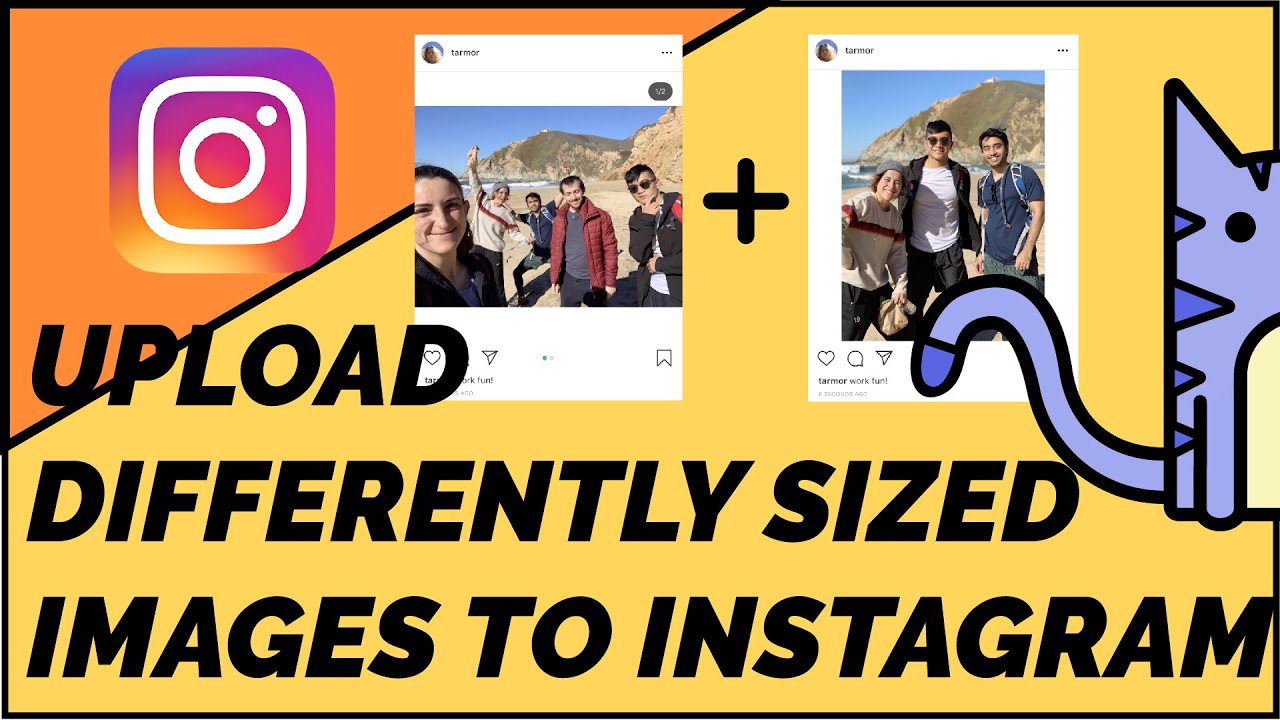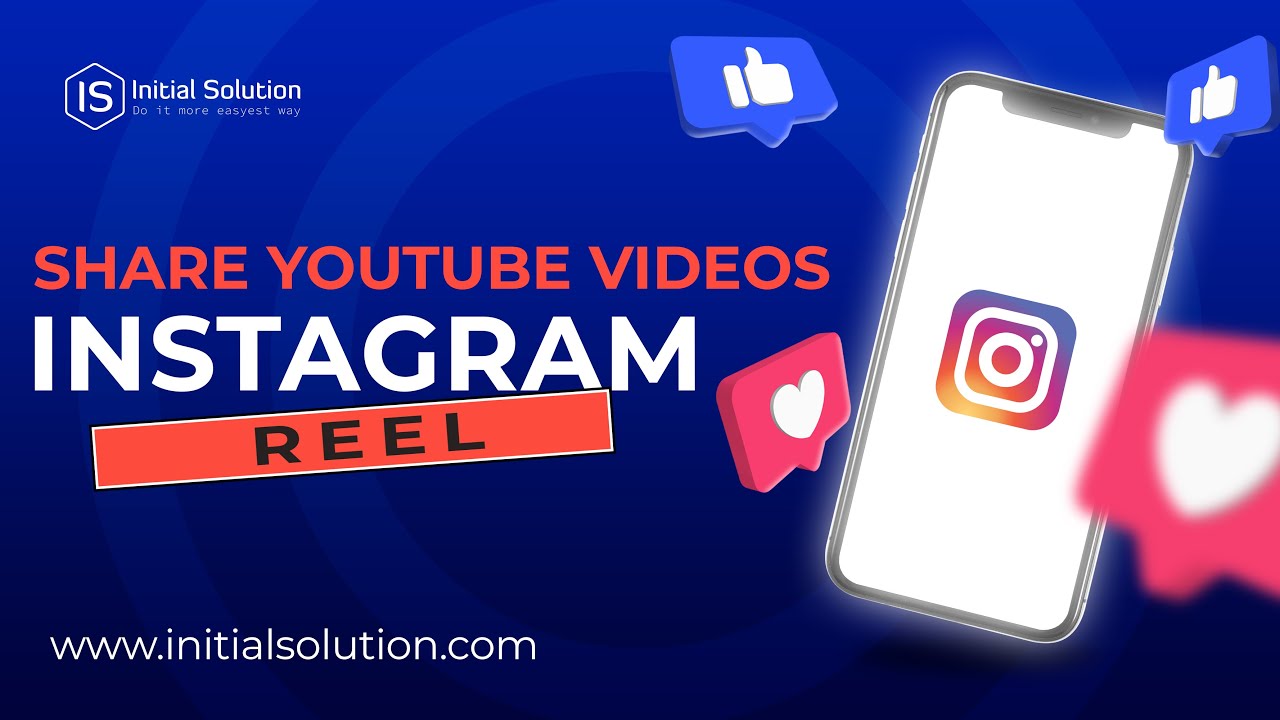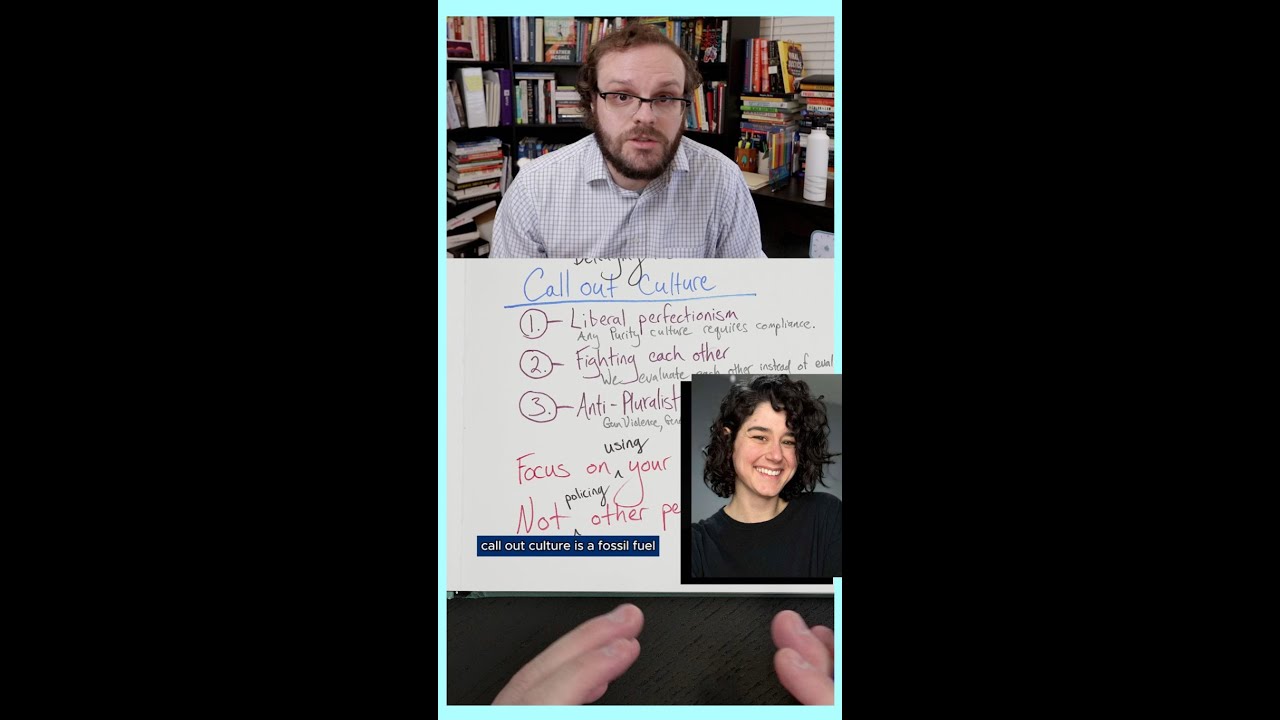How to sort followers on instagram for better engagement

- 1 Understanding the Importance of Sorting Followers on Instagram
- 2 Ways to Organize Followers for Maximum Engagement
- 3 The Role of Content Strategy in Sorting Followers
- 4 Tools and Apps for Sorting Followers on Instagram
- 5 Shortcomings of Not Sorting Your Followers
- 6 Measuring the Success of Your Sorting Strategy
Understanding the Importance of Sorting Followers on Instagram
In the rapidly evolving landscape of social media, particularly on platforms like Instagram, managing your audience effectively is crucial. Sorting followers can lead to enhanced engagement, making it easier to connect with those who matter most. It’s not just about numbers; it’s about quality interactions. Knowing how to classify your followers can help you tailor your content and efforts, ensuring your posts reach the right eyes.
Why You Should Care About Your Followers
Your followers are not merely a statistic; they are individuals who have shown an interest in your content. By understanding their behaviors and preferences, you can significantly improve your engagement rates. Implementing a strategy for sorting followers holds serious benefits, including:
- Targeted content creation
- Better community engagement
- Improved analytics and insights
- Enhanced brand loyalty
Ways to Organize Followers for Maximum Engagement
There are various methods to effectively categorize your Instagram followers which can directly influence how you engage with them. Here are some practical strategies on how to sort followers on Instagram for better engagement:
1. Create Custom Lists
Instagram allows users to create Close Friends Lists. This feature can be adapted to group followers based on certain interests or demographics. By curating content for these lists, you can provide tailored posts that resonate specifically with these audience segments.
2. Utilize Insights and Analytics
Instagram provides valuable insights about follower activity. By analyzing this data, you can identify:
- Active hours of your followers
- Locations
- Engagement rates with various content types
By understanding these factors, sorting your audience becomes much simpler as you can identify who interacts with your content more frequently.
3. Engage Through Instagram Stories
Another effective way to sort followers is by how they interact with your Instagram Stories. You can monitor who frequently views or responds to your stories. Utilizing insights from these interactions can help you direct your marketing efforts effectively, focusing on those who actively engage with your content.
The Role of Content Strategy in Sorting Followers
Your content strategy plays a pivotal role in determining how followers engage with your posts. The more relevant your content is to your sorted audience, the better the engagement. Here’s how to leverage your strategy:
1. Tailor Your Visuals
Since Instagram is a visual platform, make sure that the images and videos you post resonate with your desired audience. Use color schemes, themes, and fonts that appeal to the various groups you sorted earlier.
2. Craft Engaging Captions
Engaging captions can spur conversations. Ask questions or include calls to action that compel your audience to respond. This strategy not only boosts engagement but also allows you to see which segments of your followers are most active in discussions.
3. Leverage User-Generated Content
Encouraging your followers to create content related to your brand fosters a sense of community. Highlighting user-generated content can serve as recognition for your most engaged followers while simultaneously encouraging others to actively participate.
Tools and Apps for Sorting Followers on Instagram
Sorting followers manually can be tedious, especially as your following grows. Fortunately, various tools and apps can assist in this task:
- HypeAuditor: Great for analyzing your followers’ demographics and engagement levels).
- SocialBee: A comprehensive social media management tool that helps categorize followers and manage content.
- Follower Analyzer: Provides insights on follower engagement and helps identify inactive accounts.
Using these tools can save time and significantly streamline the sorting process.
Shortcomings of Not Sorting Your Followers
Neglecting to organize your followers can lead to severe repercussions in terms of engagement and interaction quality. Some of the potential downsides include:
- Decreased Engagement: Irrelevant content can push followers away, reducing the likelihood of comments and shares.
- Confusion: If followers are not sorted based on their interests or demographics, your posts can come across as disorganized or random, leading to lack of clarity about your brand’s voice.
- Wasted Resources: Any marketing effort that does not resonate with your audience is essentially wasted, draining your resources without return on investment.
Measuring the Success of Your Sorting Strategy
Once you implement your follower sorting strategies, it’s essential to measure their effectiveness. Here are some key performance indicators (KPIs) you should monitor:
- Engagement Rate: Monitor likes, comments, and shares to see if there’s an uptick after implementing sorting strategies.
- Follower Growth Rate: A steady increase in followers can indicate that your engagement efforts are fruitful.
- Click-Through Rate (CTR): For posts with links, evaluate how many followers are clicking through to your website or other social media platforms.
- Conversion Rate: Ultimately, track how many engaged followers are taking actions, such as purchasing or signing up for newsletters.
Evaluating these metrics will help you refine your approach and ensure that your engagement techniques continue to improve over time.
In summary, organizing your followers on Instagram is not just a technical exercise; it’s an essential aspect of effective social media marketing. By identifying key segments within your audience, leveraging proper content strategies, and utilizing available tools, you can enhance engagement, foster community, and ultimately achieve greater success on the platform. Stay attuned to your audience’s reactions and continue to adapt your strategies based on performance metrics and engagement rates.






